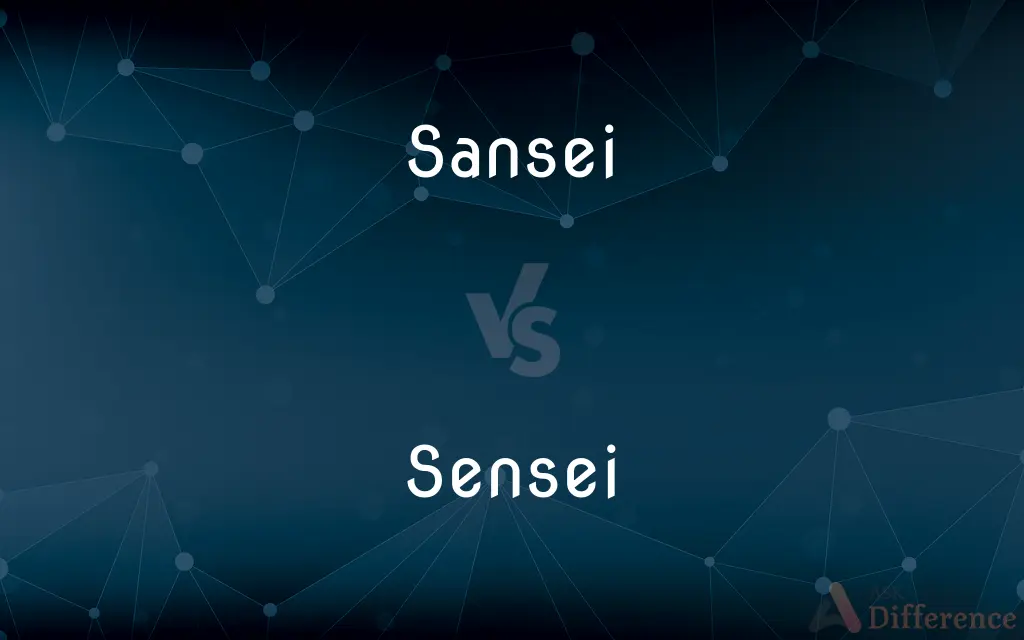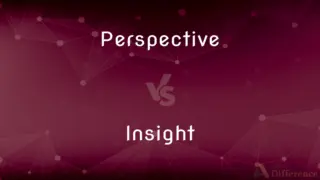Sansei vs. Sensei — What's the Difference?

Difference Between Sansei and Sensei
ADVERTISEMENT
Compare with Definitions
Sansei
Sansei (三世, "third generation") is a Japanese and North American English term used in parts of the world such as South America and North America to specify the children of children born to ethnic Japanese in a new country of residence. The nisei are considered the second generation; grandchildren of the Japanese-born immigrants are called Sansei; and the fourth generation yonsei.
Sensei
Sensei, Seonsaeng or Xiansheng (先生) is an honorific term shared in Japanese, Korean and Chinese; this is literally translated as "person born before another" or "one who comes before". In general usage, it is used, with proper form, after a person's name and means "teacher"; the word is also used as a title to refer to or address other professionals or persons of authority, such as clergy, accountants, lawyers, physicians and politicians or to show respect to someone who has achieved a certain level of mastery in an art form or some other skill, e.g., accomplished novelists, musicians, artists and martial artists.
Sansei
The US-born grandchild of Japanese immigrants to America.
Sensei
A teacher or mentor, especially of a martial art.
Sansei
A grandchild of a Japanese immigrant to the Americas.
ADVERTISEMENT
Sensei
Used as a form of address for such a person.
Sensei
A martial arts instructor. Sensei of martial arts usually live and/or work at a dojo where they instruct their apprentices. A live-in apprentice is also called uchi-deshi.
Sensei
A Japanese (language) teacher.
Sensei
A suffix attached to the name of a teacher (principally in translations from Japanese)
Share Your Discovery

Previous Comparison
Perspective vs. Insight
Next Comparison
Cry vs. Crys













































